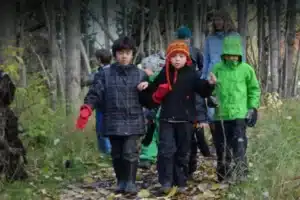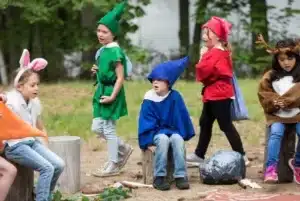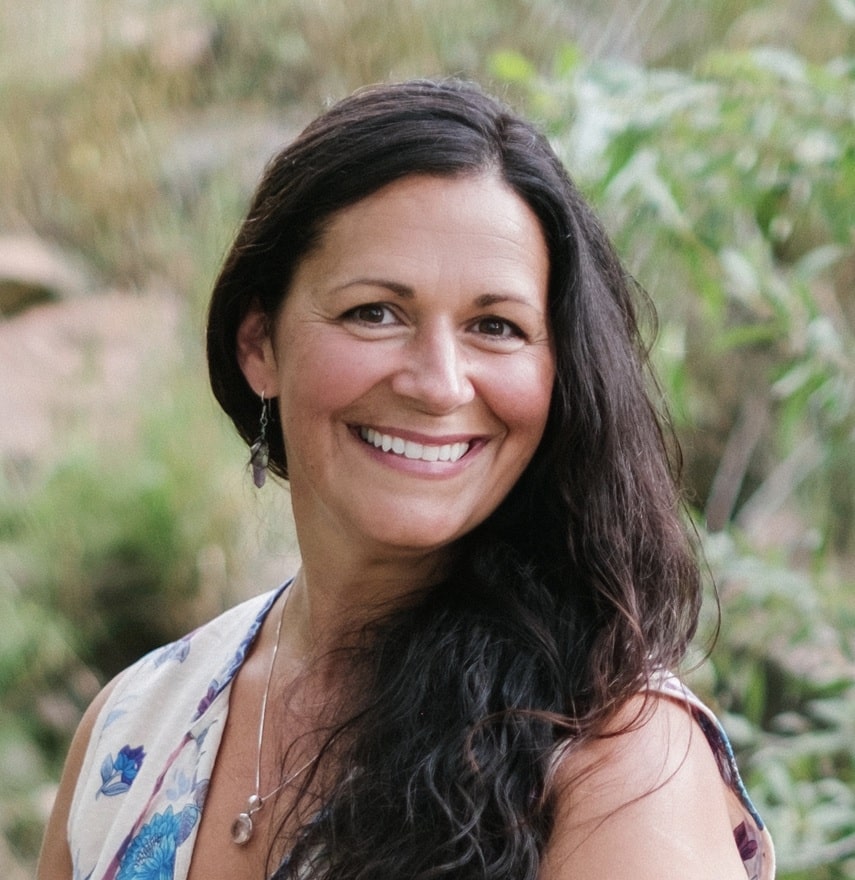EXPLOREWALDORFEDUCATION
Thinking about Waldorf Education for your child?
- Are you seeking a school that fosters a love of learning, where students look forward to coming to school each day?
- Is a classroom environment that encourages students to develop skills and capacities without fear, stress, or pressure to conform, important to you?
- Does a multi-disciplinary educational program that encourages well-rounded learning across all subject areas interest you?
- Is it essential to you that your child experience time outdoors and build a connection to the natural environment?
- Are you interested in a classroom environment that focuses on community and collaboration, where relationships are central to the educational experience?
- Does a curriculum that is designed to stimulate creative thinking and tend to social-emotional learning, over early use of digital technology, resonate for you as a parent?
What Waldorf Education is all about
We know that education is more than the acquisition of information, rigid academic curricula, and high stakes testing. In fact, the world is changing so rapidly that no one can predict what information our children will need to know in the future.
However, it is clear that intellectual flexibility, creative thinking, independent judgment, moral discernment, refined written and oral communication skills, and the ability to collaborate effectively will be essential to success in today’s ever changing, global community.
The Waldorf curriculum, pedagogy, and teaching methods are designed to nurture these capacities and more.
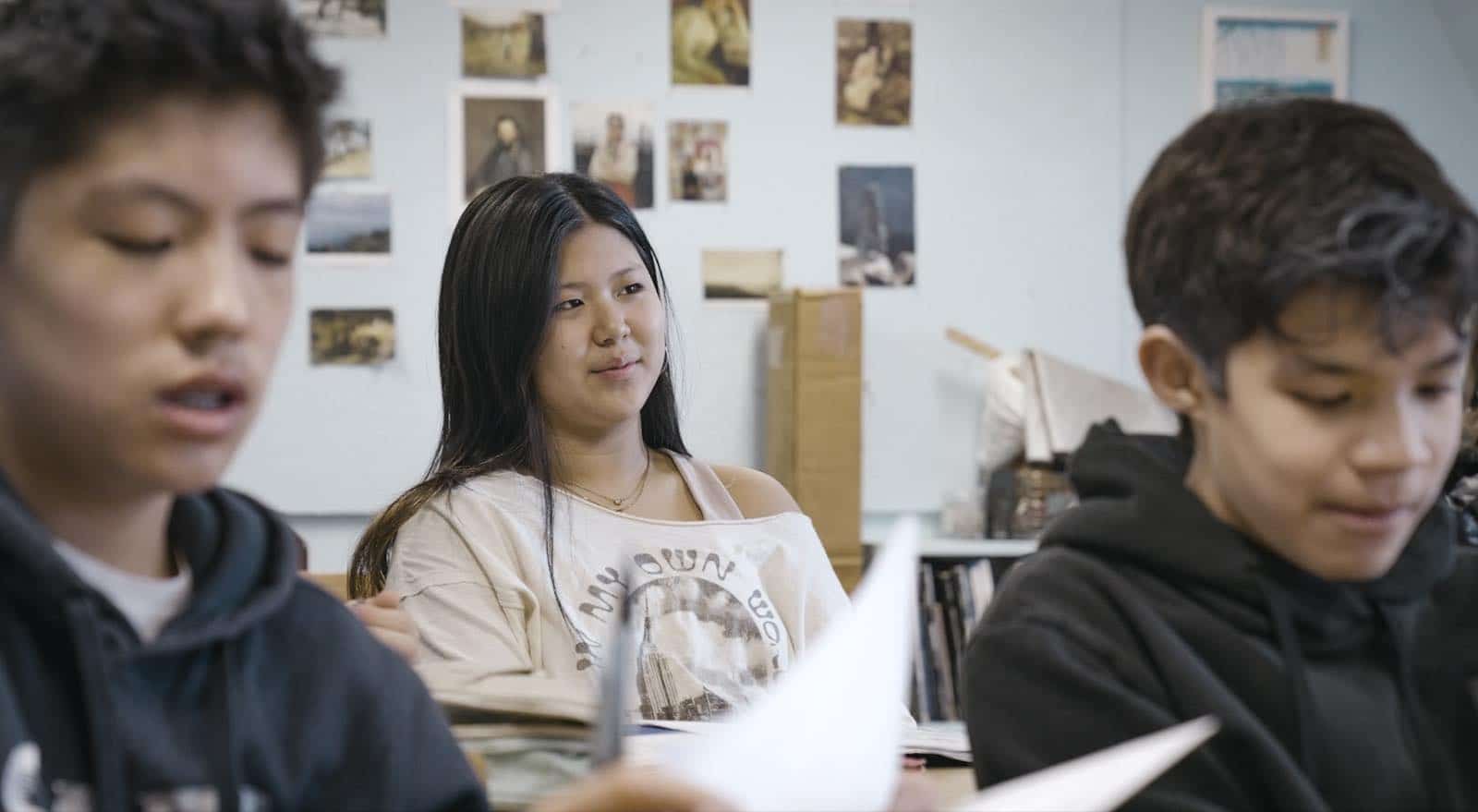
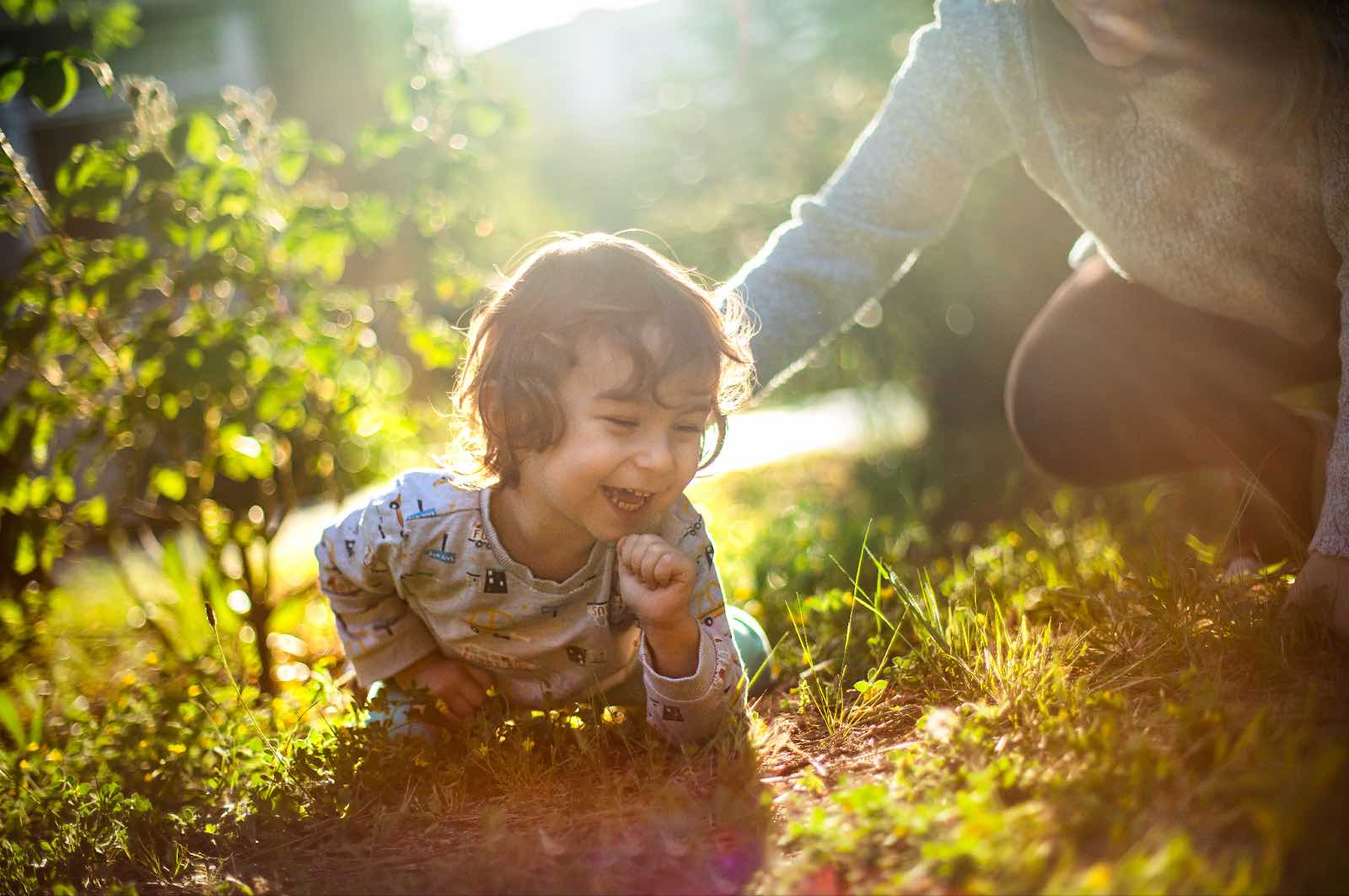
It is the goal of a Waldorf teacher to cultivate a sense of wonder and to inspire children to view the world, even in its most basic form, as magnificent—prompting each student to embrace life with enthusiasm, initiative, and purpose. These aims are met through an education that is rich with meaningful sense experiences, classical academics, and artistic beauty in all subject matters.
Whether our graduates become doctors, scientists, artists, or musicians, the capacities developed through a Waldorf education provide them with a foundation for success in whatever field they pursue.
Professors in various academic disciplines and in a wide range of colleges and universities who have had Waldorf graduates as students corroborate this.
They note that Waldorf graduates have the ability to integrate thinking, to assimilate information as opposed to memorizing isolated facts, are willing to take intellectual risks, and are leaders who take initiative.


Rudolf Steiner
"Enduring human relationships between students and their teachers and among the children themselves are at the heart of Waldorf education. The teacher’s task is to work with the developing individuality of each student and with each class as a whole within the context of the entire school."
Awsna news
Outdoors in All Weather at Anchorage Waldorf School
While many of our schools have made local and national news for their outdoor classrooms, Anchorage Waldorf School’s recent news coverage in The Anchorage Daily News brings forth a new and unique angle to this story — climate! The story of switching to an all outdoor classroom, in Alaska, during the pandemic, is indeed newsworthy. Third and Fourth […]
New Study Assesses Impacts of Nature Play
A study from the University of South Australia, published in the journal PLOS One, assessed the impacts of unstructured nature play on the health and development of young children. They found that any activity that gets children thinking and acting spontaneously outdoors without needing adult control can help them develop complex thinking abilities, social skills, and creativity. In the […]
The Waldorf Class Play
Why do Waldorf schools have students, at each grade level, perform a class play? Class plays, often performed in springtime, deepen student’s curriculum, social emotional and collaborative learning. The plays reflect each grade’s individual curriculum and the appropriate developmental level of the students. Class plays incorporate music, recitation, memorization, acting, and visual arts. The play […]


